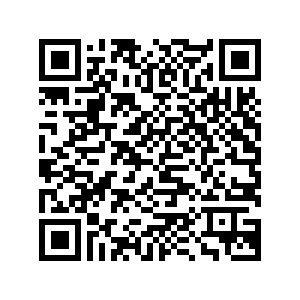CANBERRA, March 25 (Xinhua) -- Medical regulators have approved a fourth COVID-19 vaccine dose for vulnerable Australians in the lead-up to winter.
The Australian Technical Advisory Group on Immunization (ATAGI) on Friday officially recommended a second booster vaccine for over-65s, Indigenous Australians older than 50, those in disability care and all immunocompromised people over 16.
Minister for Health Greg Hunt said approving fourth doses was an important step ahead of an expected spike in coronavirus cases during winter.
"That dosing regimen will start in our pharmacies, in our general practices, in our state and Commonwealth clinics, in our Indigenous medical clinics from the fourth of April," he told reporters.
"It's for a window for four to six months after you have had your first booster, and that's based on medical advice."
The national influenza vaccine program will start on the same day, with health authorities warning Australia is set for a double blow of COVID-19 and flu outbreaks.
Hunt said in a statement that government-funded influenza vaccines will become available through a range of providers including general practitioners (GPs), community health clinics and eligible pharmacies subject to local supply arrangement in states and territories.
"The medical advice from the Australian Technical Advisory Group on Immunization is that it is safe to have the influenza and COVID-19 vaccines at the same visit," he said.
The Australian government announced on Friday that it is scrapping a requirement for all overseas travelers to Australia to return a negative COVID-19 test prior to departing for the country.
The requirement was introduced late in 2021 when Australia's borders were opened to residents and citizens.
"Given that the vaccination requirements remain and the masking requirements, the medical advice is that (the test) would no longer be required," Hunt said.
"Particularly as there are some challenges in some jurisdictions in having access to those tests or proving those tests." ■
